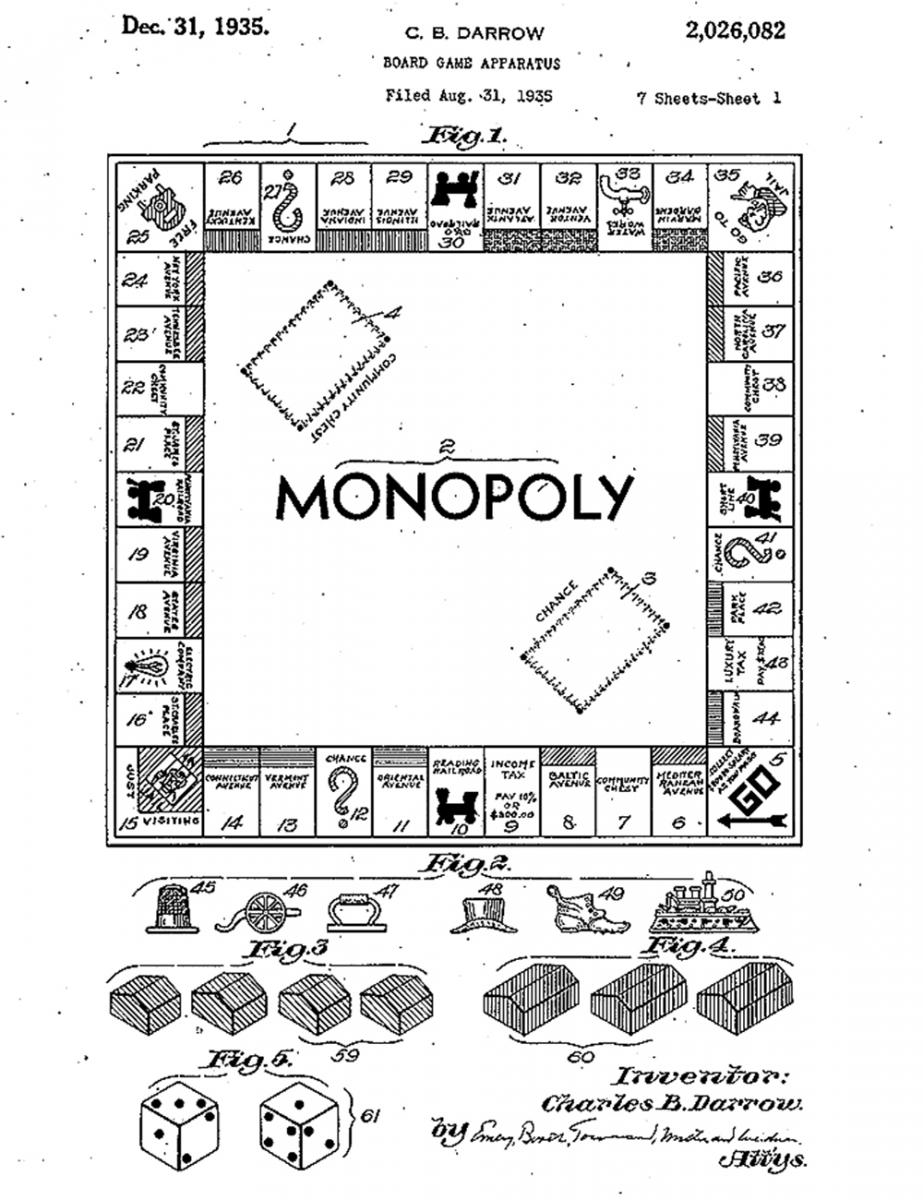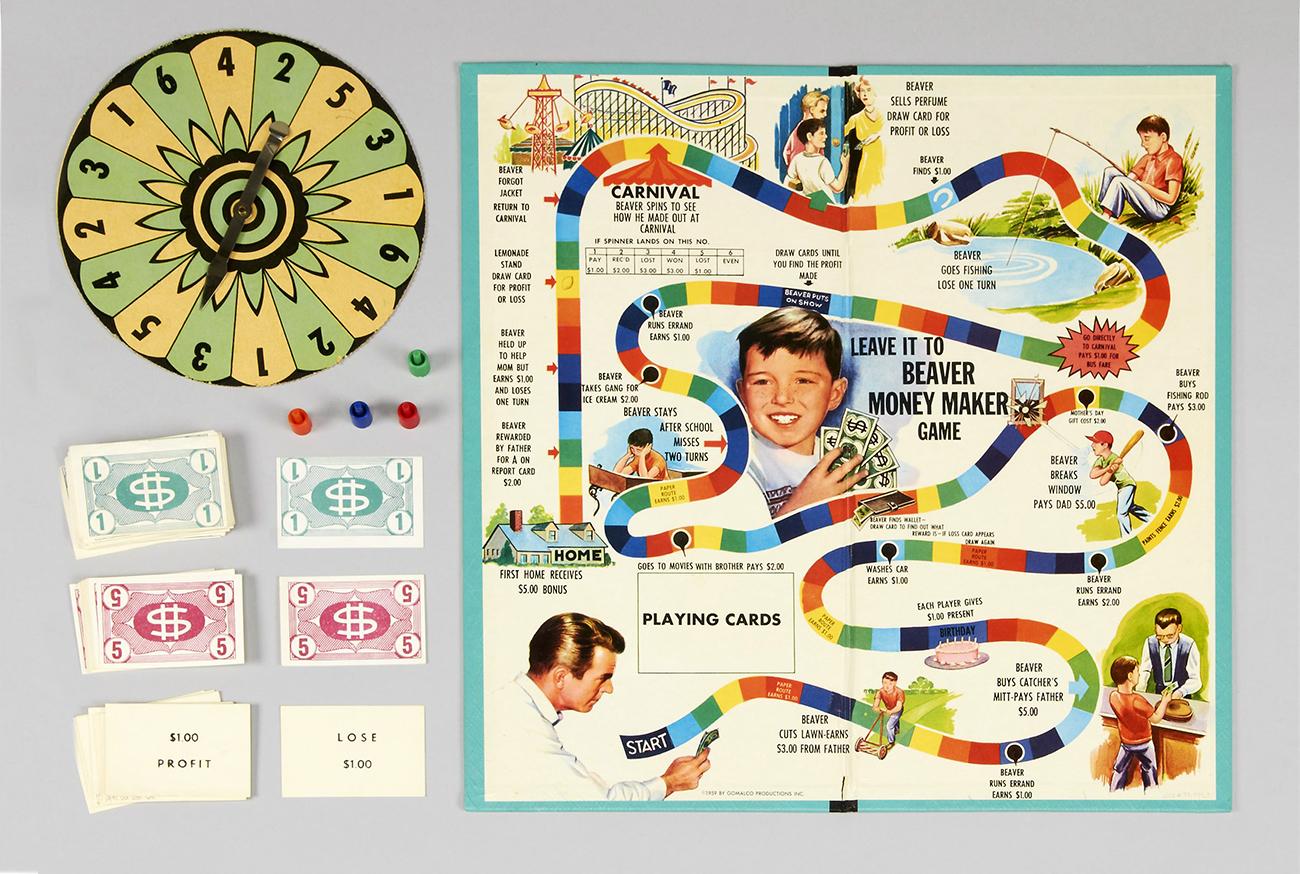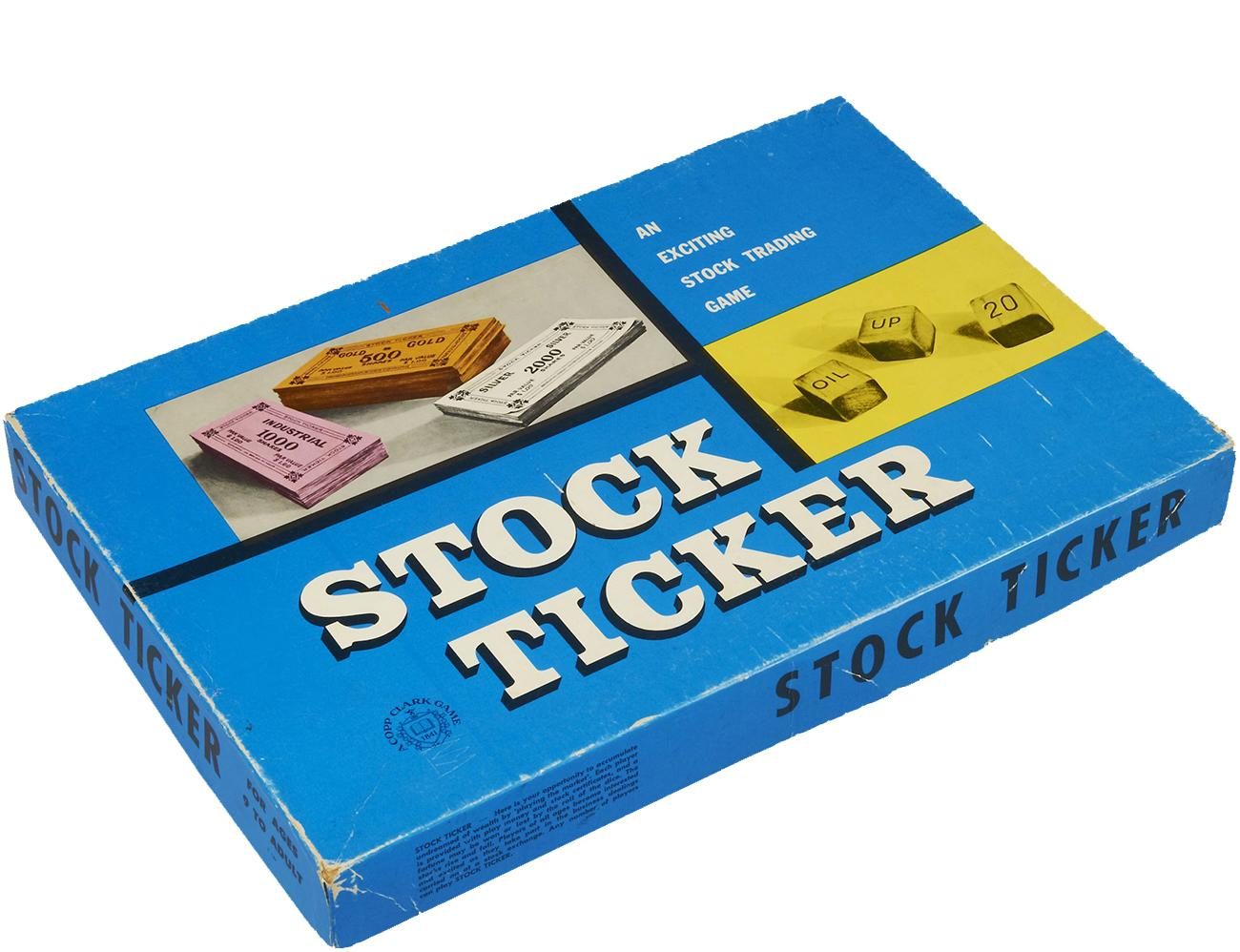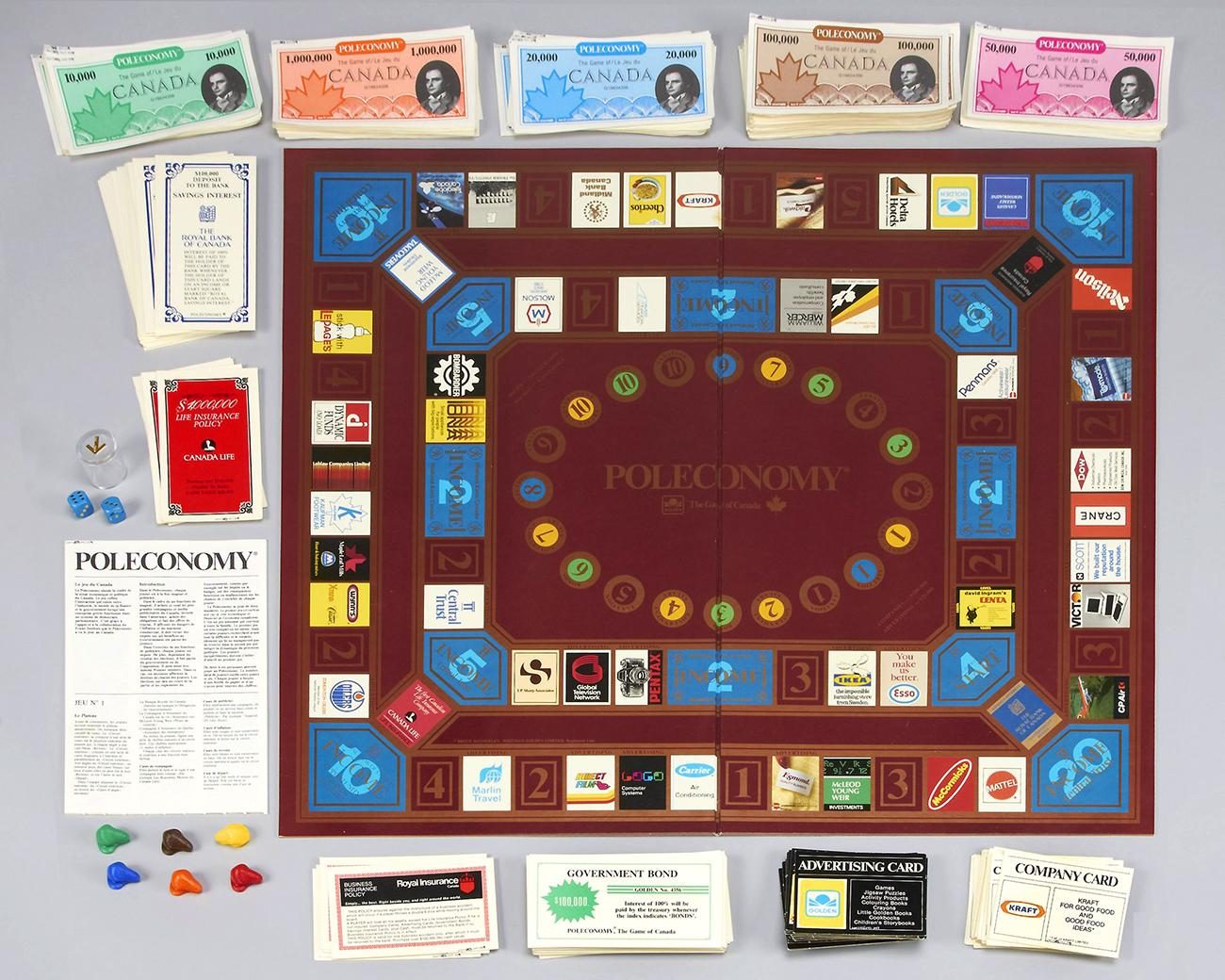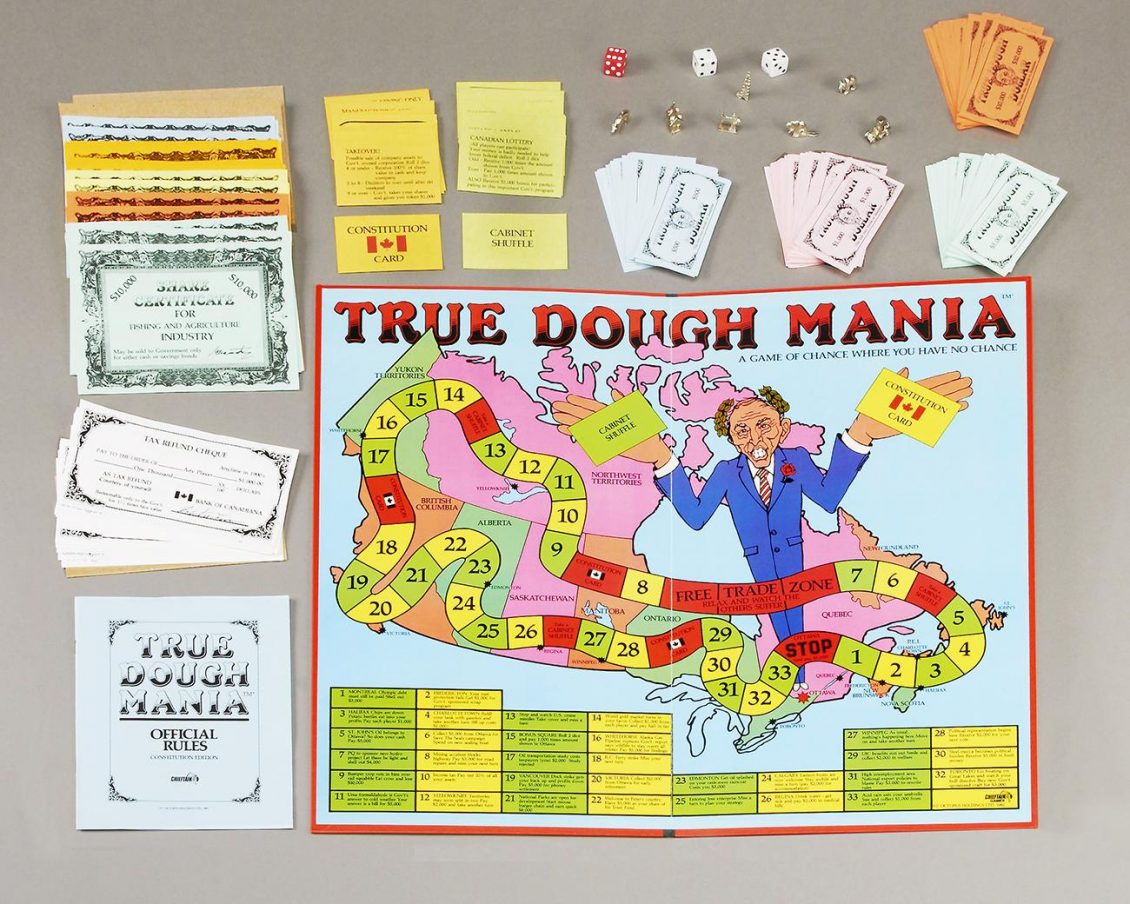Board games that sharpen your economics skills
Like story plots, there are only a handful of basic game formats. But springing from them is an infinity of variations. A surprising number of those games require the skills we need to manage our economic lives.
Tell me and I forget. Teach me and I remember. Involve me and I learn."
Benjamin Franklin, quoting Confucius, reminds us that the best way of learning is by doing. And we know that the best way of doing is playing!
The economy finds its way into most aspects of our lives, so it is no surprise to find its influence in board games. Besides, the getting, spending and losing of wealth make an outstanding foundation for a game structure. Many games offer an excellent opportunity to introduce or hone logic, math and economic skills with young people. So, naturally, we thought it would be a good idea to suggest a few we thought kids of all sorts of ages could enjoy.
Of course, Monopoly leaps to mind first, with investment, greed, the occasional stretch in jail—but often a game doesn’t even need a monetary theme to require your economic skills. Behind the scenes of many of the games mentioned below, you might be juggling numbers, calculating risk or even exploring concepts such as supply and demand or opportunity costs—without even knowing it!
Economic skills are all about measuring risk and making long-term decisions—common skills needed by any good board game player and for many good board games. Just don’t take the fun out of it by telling the kids.
A few games of interest (pun intended)
For little kids
- Ages: 5 to 9
- Players: 2 to 4
- Playing time: 30 minutes
- The play: It’s a race along main street, moving from store to store on a virtual shopping trip—who can buy the most?
- Skills: money handling, purchasing…running errands
- Distributor: Orchard Toys
- Ages: 6 to 12
- Players: 2 to 4
- Playing time: 30 minutes
- The play: Arriving on deserted tropical islands, settlers build their homes and develop an economy. They barter local resources and accumulate gold to buy land and build ships.
- Skills: bartering, buying and selling, understanding microeconomics, saving…some minor piracy
- Distributor: Catan Games
- Ages: 7 and up
- Players: 2 to 8
- Playing time: 30 to 90 minutes
- The play: Traders play the stock market by calling out the number of cards (commodities) they want to sell, but buyers don’t know what products are on those cards. Corner the market in oranges or wheat.
- Skills: trading, saving, understanding opportunity costs, stock market basics…harnessing greed
- Distributor: Hasbro Games (Repos Production)
For bigger kids
- Ages: 8 and up
- Players: 5 to 11
- Playing time: 30 minutes
- The play: Managers and investors negotiate in a free-for-all to establish stock prices, and investors take their income from the shares purchased. But a roll of the dice can destroy all their dreams.
- Skills: understanding stock markets, interest and economies…yelling
- Distributor: Lakeshore Games (Marabunta)
- Ages: 8 and up
- Players: 2 to 4
- Playing time: 60 minutes
- The play: Average folks get jobs, buy houses and get married as they travel the road of life—making life-changing financial decisions on investing, taxes, debts and careers.
- Skills: saving, buying, paying taxes, financial planning…managing long-term relationships
- Distributor: Hasbro Games
- Ages: 8 and up
- Players: 2 to 6
- Playing time: 30 minutes
- The play: Just like daily life, taxpayers receive an income and then deal with bills and more expenses throughout several “months” of play.
- Skills: saving, budgeting, managing debt and risk…managing frustration
- Distributor: Winning Moves Games (Hasbro)
- Ages: 8 and up
- Players: 2 to 5
- Playing time: 30 to 45 minutes
- The play: Merchants establish trade routes on the historic Silk Road, then harvest and trade spices and carry them to far-off lands to barter or sell.
- Skills: financial planning, trading, budgeting…camel riding
- Distributor: Plan B Games
- Ages: 10 and up
- Players: 3 to 5
- Playing time: 45 minutes
- The play: Art dealers buy and sell art by five fictional artists. Bid, bluff, go bust.
- Skills: budgeting, auctioning, understanding supply and demand…dabbling in art curation
- Distributor: Mayfair Games (Matagot, Oink Games)
- Ages: 10 and up
- Players: 2 to 4
- Playing time: 30 minutes
- The play: Renaissance-era merchants attempt to buy gem mines, build transportation networks and generally make themselves rich and important.
- Skills: understanding risk, trade and the macroeconomy…social climbing
- Distributor: Space Cowboys
- Ages: 10 and up
- Players: 2 to 4
- Playing time: 30 minutes
- The play: With money and assets such as building materials and skilled labourers, builders choose and construct a variety of buildings to earn the highest profits.
- Skills: budgeting, saving, understanding risk and resource management…masonry
- Distributor: Bombyx
For big kids
- Ages: 12 and up
- Players: 2 to 4
- Playing time: 30 to 150 minutes
- The play: Starting with a just wooden shack and a spouse, pioneers build farms up with work, the help of growing families and a variety of advantages from action cards.
- Skills: understanding risk, trade, microeconomics, resource management…carpentry
- Distributor: Lookout Games (Filosofia Éditions, Ystari Games)
- Ages: 12 and up
- Players: 3 to 5
- Playing time: 90 to 150 minutes
- The play: Colonial-era governors in Puerto Rico build their plantations. They grow crops, which they exchange for doubloons they use to expand their plantations. Ships and resources are shared.
- Skills: understanding risk, trade, microeconomics, resource management…banana planting
- Distributer: Ravensburger, Rio Grande
- Ages: 13 and up
- Players: 2 to 7
- Playing time: 45 minutes
- The play: Farmers receive cards featuring various species of beans with differing growing needs and yields. Plant them, harvest them and trade them for cash.
- Skills: financial planning, understanding supply and demand… gardening
- Distributor: Amigo Games (Kikigagne)
- Ages: 14 and up
- Players: 2 to 4
- Playing time: 60 to 120 minutes
- The play: At the dawn of the industrial age, capitalists invest in England’s growing cotton industry. Meanwhile, the introduction of railways and canals changes opportunities.
- Skills: understanding investment strategy, debt risk, business costs…ruthless behaviour
- Distributor: Roxley (Eagle Gryphon Games)
Variations on variations
If you research some of the games we’ve listed, you’ll learn that you can often buy expansion kits—usually in the form of action card packs. They generally add optional strategies or increase difficulty or the number of players.
The board game world is a big one, and it’s amazing how much of it concerns economics—whether the designers intended it or not. There are lots of rabbit holes your family can head down when learning about economics the fun way. Good gaming!
The Museum Blog

New acquisitions—2024 edition
Bank of Canada Museum’s acquisitions in 2024 highlight the relationships that shape the National Currency Collection.

Money’s metaphors
Buck, broke, greenback, loonie, toonie, dough, flush, gravy train, born with a silver spoon in your mouth… No matter how common the expression for money, many of us haven’t the faintest idea where these terms come from.

Treaties, money and art
The Bank of Canada Museum’s collection has a new addition: an artwork called Free Ride by Frank Shebageget. But why would a museum about the economy buy art?
